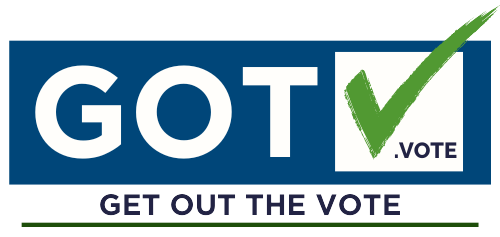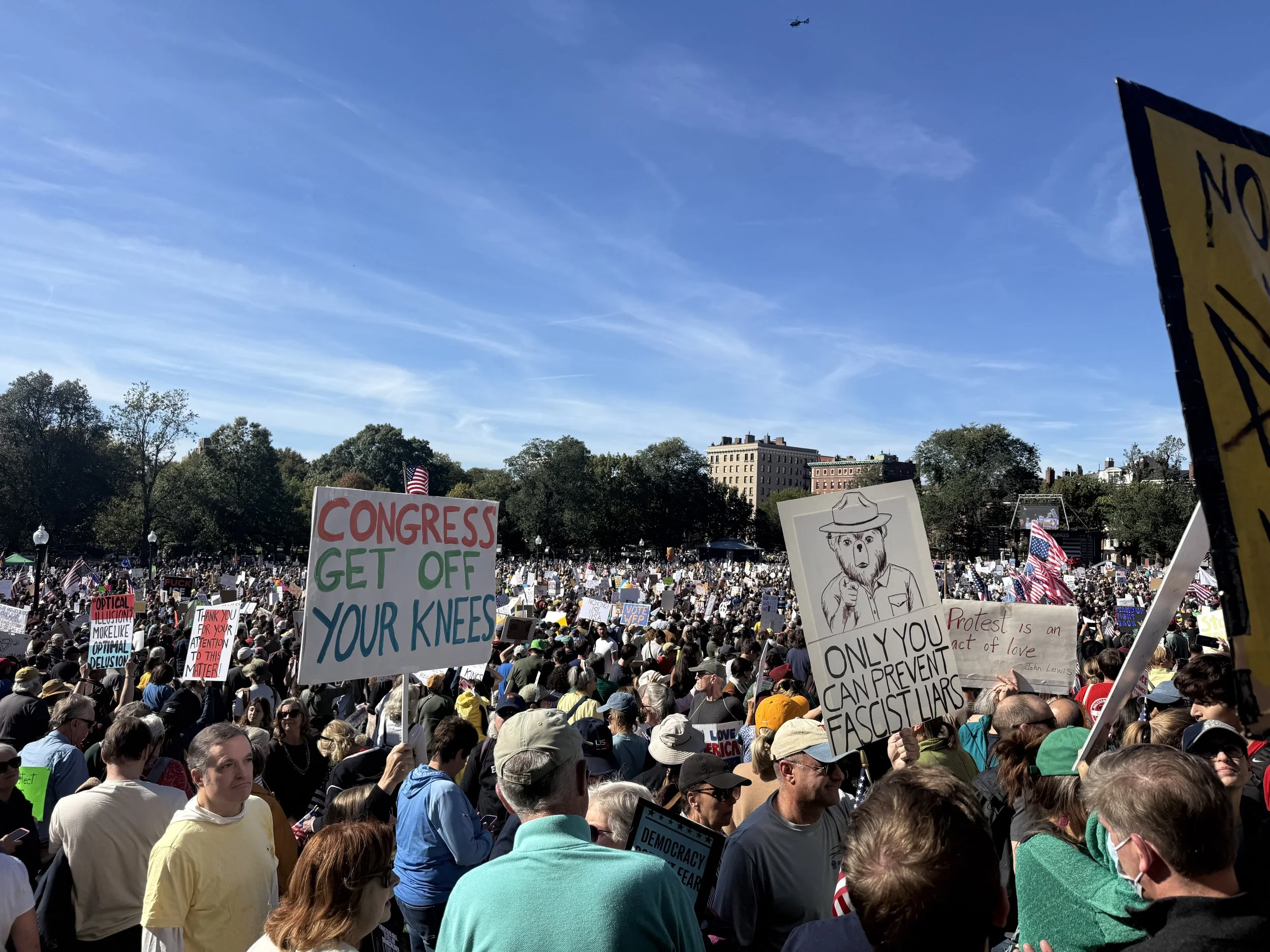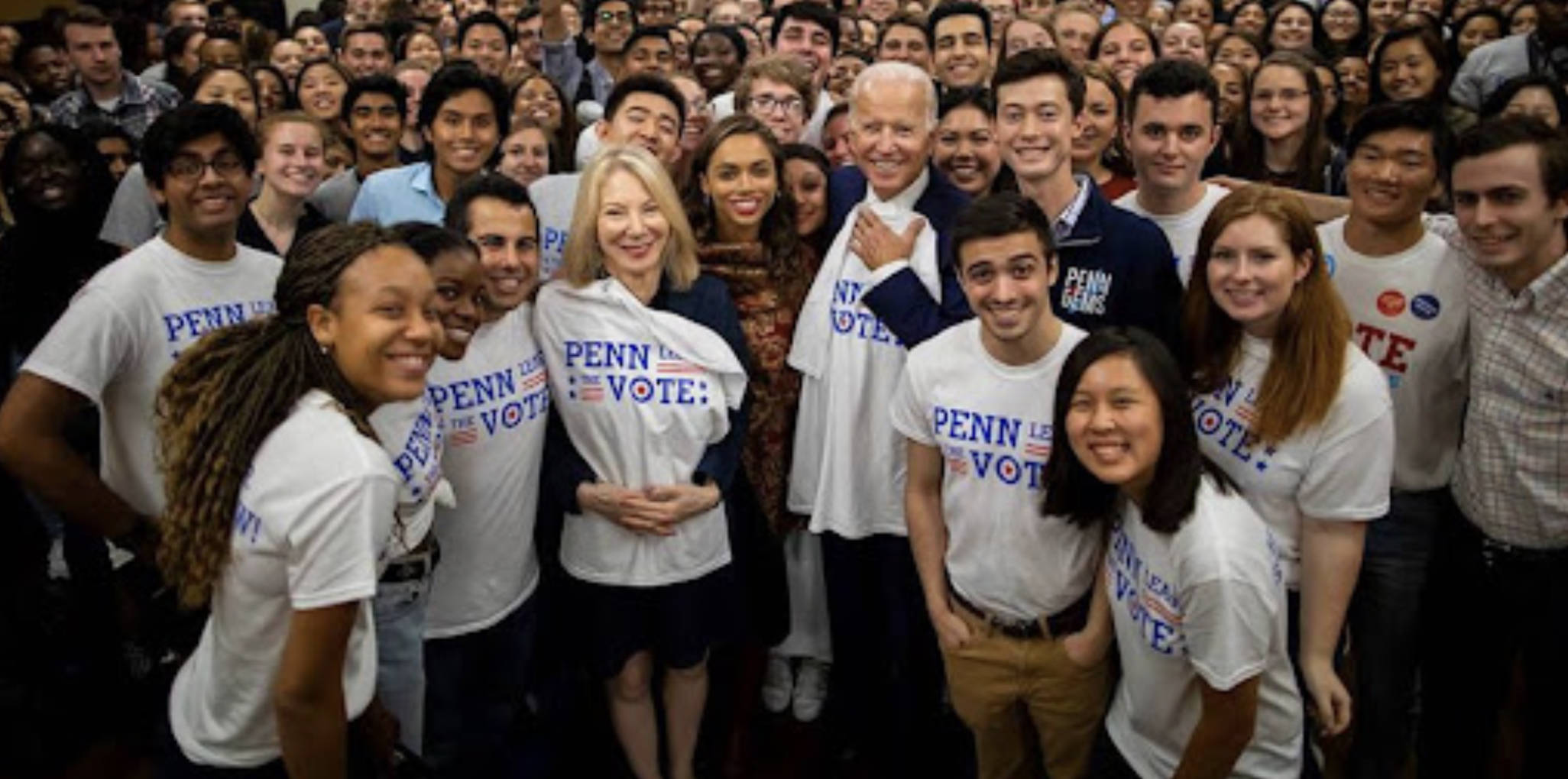History Rhymes
Hegel remarks somewhere that all great world-historic facts and personages appear, so to speak, twice. He forgot to add: the first time as tragedy, the second time as farce. We are currently watching that sage bit of wisdom ring true, though on the national stage instead of the international stage. The 47th President of the United States has not so cordially invited the American public to gather a front row seat to a vulgar, haphazard, and charmless replay of the decade preceding the second world war.
It’s After No Kings. What now?
So you attended a rally. Now what? What’s next? I think we all can agree that whomever originally said, ‘May you live in interesting times’ did not anticipate the wholesale crumbling of the balance of power structure of the United States’ government, when they cursed us with this wish. Or maybe they did. After all, modern history is littered with moments where ordinary citizens have been forced out of their normal routines to confront and beat back despots, tyrants, bigots, traitors, and their followers. Hitler, Mussolini, Stalin, Pol Pot, Saddam Hussein, Osama Bin Laden, and now Donald Trump, just to name a few.
Trump’s Domestic ‘Terrorists’
Terrorism, despite decades of legal and scholarly attempts, remains notoriously difficult to define in any consistent way. The term is elastic, politically charged, and has been historically deployed by states to delegitimize threats to their authority. Trump’s use of “terrorism” isn't about stopping violence or combating any actual organization. It’s about creating a legal framework that transforms political opposition into criminal conspiracy, protest into insurrection, and dissent into a national security threat. When everything can be terrorism, anything the president dislikes becomes actionable.
Engaging the Unengaged: Strategic Voter Mobilization in NY-03 Special Election
In the wake of the 2022 special election in New York's 3rd Congressional District, Get Out the Vote PAC implemented a strategic voter mobilization campaign to support Tom Souzzi. Based on years of research, the approach targeted voters who typically participate only in presidential elections, aiming to increase their engagement in this crucial special election. This paper outlines the strategies used, the outcomes achieved, and proposes their application to similar Congressional campaigns.
Duty, Right, Tool: Why It’s Essential for Young Americans to Vote
Does my vote count? Why should I vote? These are questions every young American has heard before. American youth vote at lower rates than the general public. In fact, American youth turned out 10% lower than the national average during the last presidential election. Young people are the future of this country, and having so many of them unengaged in the future of our country is dangerous. A true democracy requires the participation of everyone. In the 2024 election, young people must vote for three reasons: it's our duty, it protects our freedoms, and it advances legislation.
Untapped Potential: Campaigns Neglect Young Voters
Most young people don’t vote. Most Americans 18-29 don’t vote, and a majority of Americans in this age group haven’t voted in over 50 years. Their turnout for national elections is consistently under 50%, and if you thought that’s bad, it’s even worse in midterms, with only 27% of this demographic voting in 2022. Nevertheless, young people are at the forefront of activism, fighting for policies like climate change, gun control, reproductive freedoms, and police reform.
How Does Voter Registration Strengthen the Whole Community?
How often have you or someone you know complained about the inequality within our current governmental representation? Did you ever stop to think that one explanation is that people in your district don't vote or aren't registered to vote? With this type of disinterest within your community comes the same indifference from your representatives. I'm sure you've heard the old adage – 'The squeaky wheel gets the grease.' In other words, the most noticeable or loudest communities are the ones that get the attention to make changes happen.
Down Ballot Support Flips US House 2024
Democratic political races affect voters more than the primary campaigns we hear about on the news. Small local Democratic races rarely make it into the news, so most of us treat them as inconsequential. The truth is that these local in-district and state legislative and political races are as crucial to our nation's health as the primary campaigns we hear about daily. Local in-district and state legislative campaigns are considered down-ballot races.










